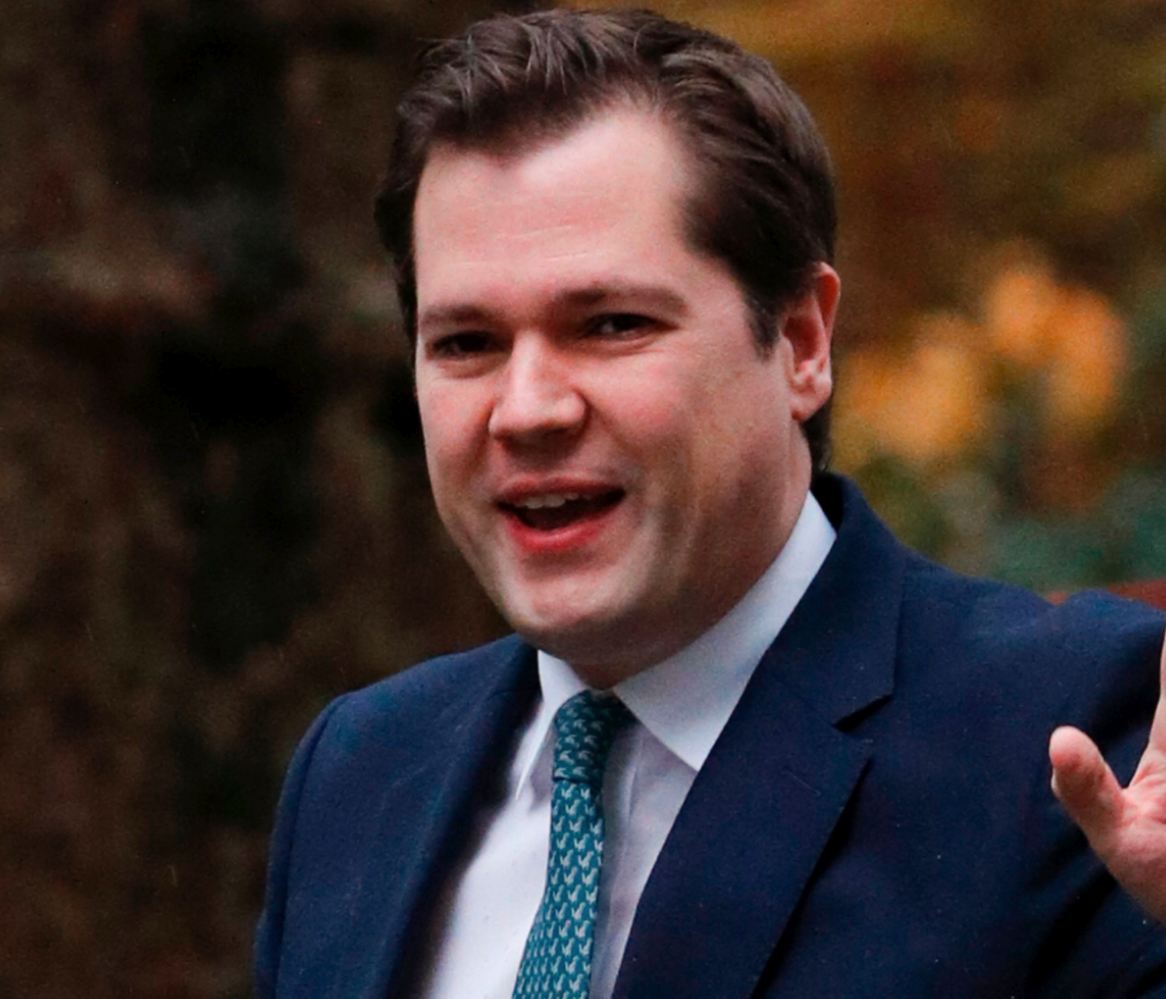The murky world of political donations
Politicians need to be careful about being seen to do the right thing – and poor judgement can have serious consequences, writes Sean O'Grady


Despite everything – the MPs’ expenses scandal of 2009, Neil Hamilton and “cash for questions”, perennial allegations about the “sale” of honours, Brexit referendum irregularities – British political life remains remarkably clean by international and historical standards. Corruption, or anything remotely resembling it, is the exception rather than the rule. That is why the current media allegations about a decision made by Robert Jenrick, the secretary of state for housing, communities and local government, are so serious.
It is important to add at this point that there is no suggestion that Mr Jenrick broke any law or made any personal gain. The issue is about how it came to be that Mr Jenrick approved a highly lucrative housing development in the London docklands by the businessman Richard Desmond shortly (a fortnight) before Mr Desmond donated £12,000 to the Conservative party. The development was opposed by the local authority, Tower Hamlets, but their objections were overruled by Mr Jenrick, and approval was given one day before Mr Desmond would have had to pay a development levy to the council – of between £30m and £50m. Altogether the value of the deal is around £1bn.
In this case, the matter is complicated because the council mounted a court appeal and Mr Jenrick accepted that his ruling had been “unlawful by reason of apparent bias”, quashed it, and will not take further part in the proceedings.
It has been reported that Mr Jenrick sat on the same table as Mr Desmond at a Tory fundraising dinner last November. Mr Jenrick has stated that he refused to discuss the application with Mr Desmond.
British party funding has long been a vexed problem, though it is fair to add that much of the cash to keep the parties running comes from modest donations from members, supporters and trades unionists, with some state financial support for political advisers and “policy development grants”.
Still, political campaigning is an expensive business. In the 2017 general election, (2019 figures are not yet published by the Electoral Commission), the Conservatives spent £18.5m, Labour £11m, the Liberal Democrats £6.8m, the SNP £1.6m, the Women’s Equality Party £285,000 and the Greens £299,000.
Although political advertising (apart from party political/election broadcasts) on TV is banned, social media use is far less well regulated, and itself an increasingly controversial issue.
Spending by candidates at individual constituency level is capped at £8,700 per seat plus either 6p (urban seats) or 9p (rural seats) per voter.
At a national level things are looser, with the limit set at £30,000 per constituency and a complex web of rules governing gifts and loans to parties, parties’ separate “accounting units”, and allied non-party groups, with different limits applying to election and non-election periods. Broadly, donations of more than £7,500 must be declared and “foreign” donations are banned.
Tony Blair was once interviewed by the police about accusations of “cash for honours”, and most senior people in every party would probably prefer to avoid the trouble that sometimes accompanies the fund tasing game. They still have to hawk themselves around the super-rich for money, sometimes literally. Boris Johnson, for example, has auctioned himself (when London mayor) as a tennis opponent for a tidy sum (£160,000 from the wife of a Russian ex-minister) for Tory HQ.
The politicians need to be careful about being seen to do the right thing.
Part of the reason for that is a steadily strengthened legal framework, culminating in the creation of the independent Electoral Commission in 2001 – and the efforts of an ever-vigilant press looking for a story. Misjudgement, and even the impression of misjudgement, can inflict deep damage on a politician’s or an official’s career. The voting public is as intolerant as ever about hypocrisy. Although there was obviously no money or influence peddling going on, the Dominic Cummings affair pole-axed the government’s poll ratings, and those of the prime minister himself as he resisted calls to sack his adviser. Now, after earlier claims he broke lockdown rules, it is Mr Jenrick’s turn to discover how distracting even the slightest suggestion of poor judgement can be in the current political environment.
Join our commenting forum
Join thought-provoking conversations, follow other Independent readers and see their replies
Comments